In "Jaws," the Nightmare Is What You Don't See
Roy Scheider as Martin Brody.
The production of Jaws was an absolute nightmare. So much so that 26 year old Steven Spielberg slept with celery in his pillowcase because the smell was so comforting.
When production officially started in May 1974, they were without a finished script, working shark, or complete cast. Once they had Bruce, the mechanical antagonist, he rarely worked. In fact, he sank to the bottom of Nantucket Sound the first time he was submerged. The weather at Martha’s Vineyard was unpredictable. Robert Shaw and Richard Dreyfuss were in an ongoing feud. One of their ships sank as Spielberg yelled over a megaphone to get the actors off board. With water up to his knees and his Nagra held above his head, sound engineer John Carter notoriously yelled, “F--k the actors. Save the sound department!” Robert Shaw was so drunk the first time Spielberg tried to shoot Quint’s monologue about the USS Indianapolis, Shaw had to be carried off the boat.
Slated for only 55 days, the shooting lasted for a grueling 159. The original $3.5 million dollar budget steadily creeped to $9 million. Calls from Universal came in threatening to shut it down completely.
So the director, who had insisted on shooting in the Atlantic rather than a stage tank, started improvising his balls off. Spielberg participated in rewrites of the script every night in a log cabin with Carl Gottlieb and the cast. He described it as “the most collaborate efforts I’ve ever been involved with where actors were contributing to a screenplay.”
When Bruce failed, Spielberg asked, “What would Hitchcock do in a situation like this?” The answer was to put the monster in the audience’s mind, rather than on the screen:
And just like that, the terror was what you couldn’t see, only sense and hear. In fact, Bruce didn’t make a full appearance until 81 minutes into the 124 minute film. The audience’s imagination was more powerful than a faulty, mechanical shark.
Spielberg’s instincts, even for improvisation, proved to be powerful too, and the result was something completely new to American screens, but also character dynamics that are very true to Spielberg’s idiom. I could spend all day dissecting and comparing this scene:
to other Spielberg films involving themes of the family, fathers, etc. but I can’t because I’ve got a gazillion short films to watch. However, on principal, I never miss a chance to see a dolly zoom on a big screen and will be in the back row Thursday night at the Plaza Theatre.
Christina Humphrey is the Short Film Programmer for the Atlanta Film Festival.
Jaws plays on Thursday and Sunday at the Plaza Theatre.



